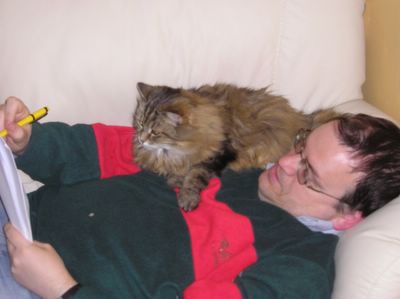David Bick
Sad news this week was the passing of David Bick, but why should I feel sad for a man I never met?I grew up in Aberystwyth, a seaside town surrounded by green hills. Some of the wilder lands also contained strange scars and holes in the ground. Deep gashes, some straight drops, some uninviting tunnels with gushing water. Bits of mangled rusting metal, old cars dumped sown them. Perhaps a mass of grey spoil rock. These were the old lead mines of the 19th Century, people could tell me. However, nobody could tell me who were these men, what happened, why it all stopped. Nobody seemed to be interested.
David Bick's books appeared in the early 70's, detailing each site with a brief history, opening up my knowledge. There would be pictures of the sites as they were now. Pictures of the rotting ruins. David himself would normally appear standing proudly ramrod straight next to a giant wheel or some old miners. Hands on hips, or arms folded. A smile of contentment on his face, windswept hair, pebble glasses and the jacket buttoned up for the elements. A typical 1950s man.
David brought colour to the history of the old industry for me. He introduced me to its language, to the events, to begin to know of the people. I have since read a lot about the whole thing. I am currently going through newspapers of the age that detail the mines rise and fall, in the manner that the decline of the coal industry in my time. I have found of many events that make me wonder why we as children weren't taught of what our forefathers had done. How they had lived, how the industry killed them.
David was the guiding light to a young novice and although I never met him, I know he inspired many people to preserve, record and study the old mines. He was one of the main reasons in modern times that the people will not be forgotten.
The old miners would probably have made him a Captain.

